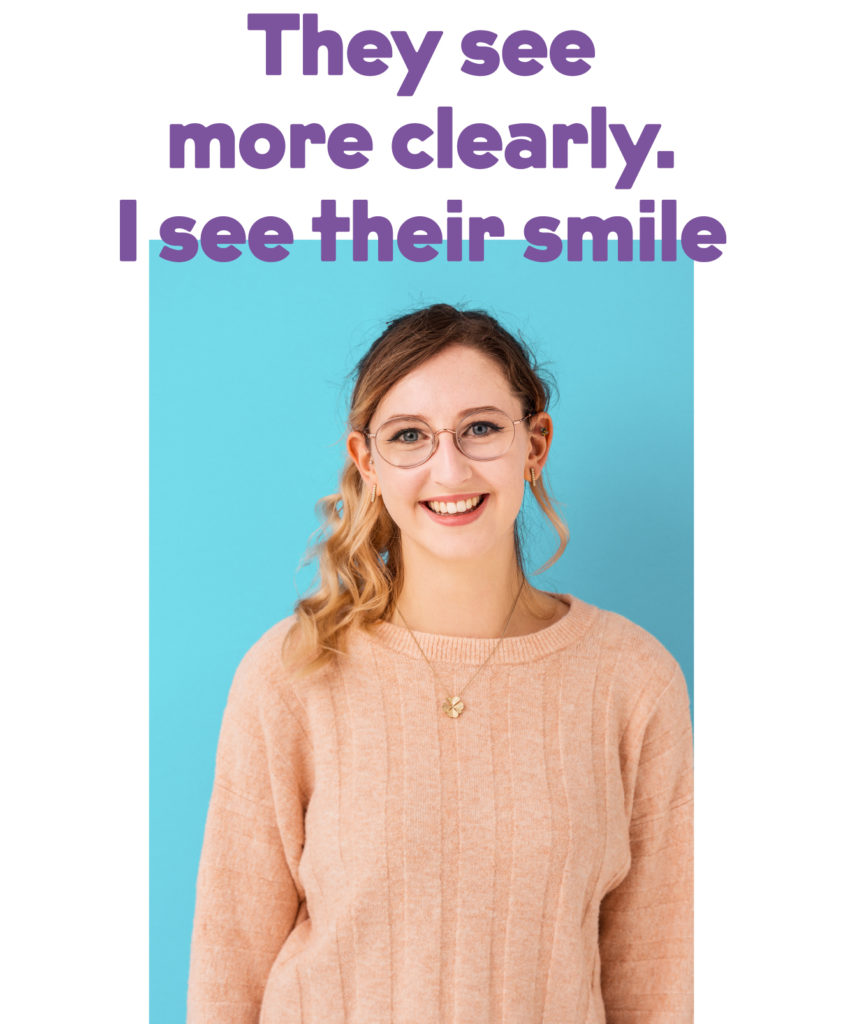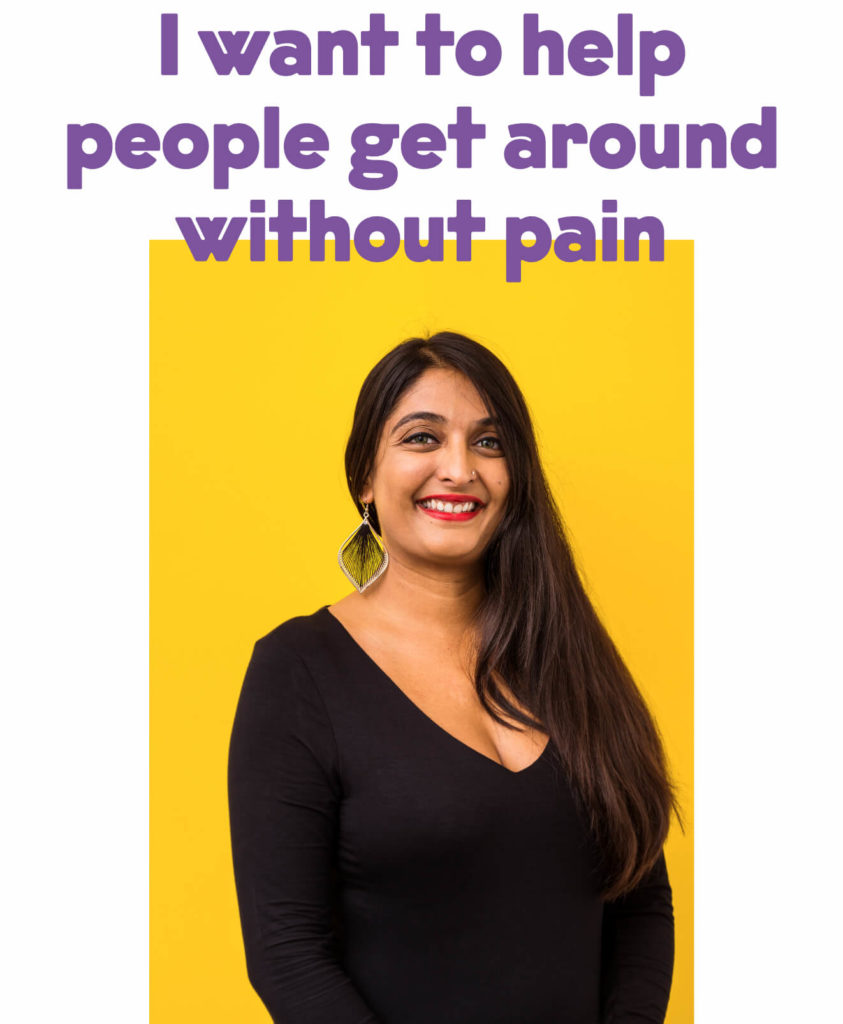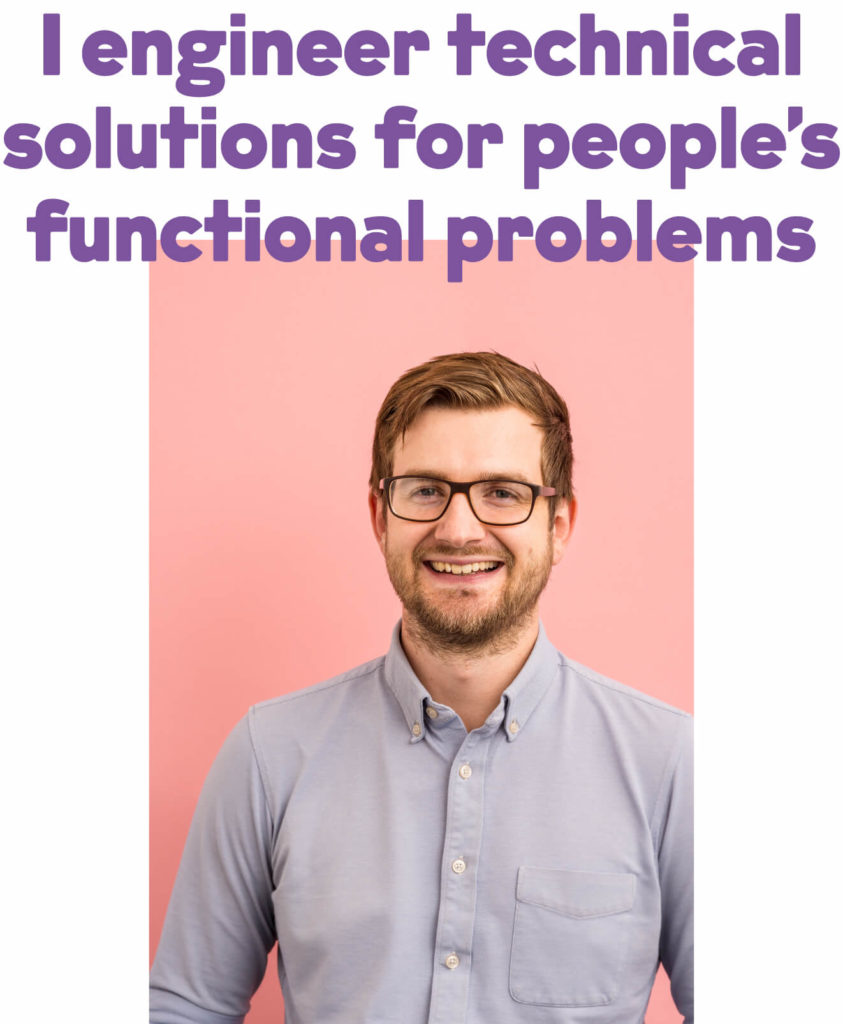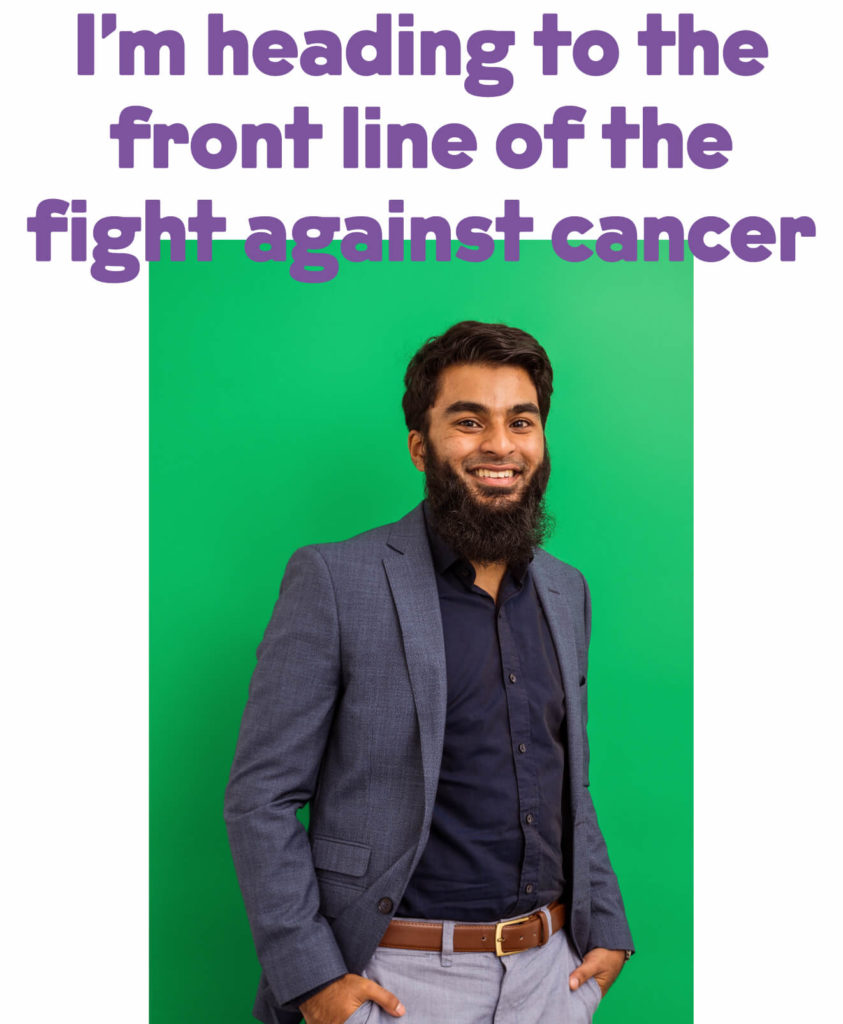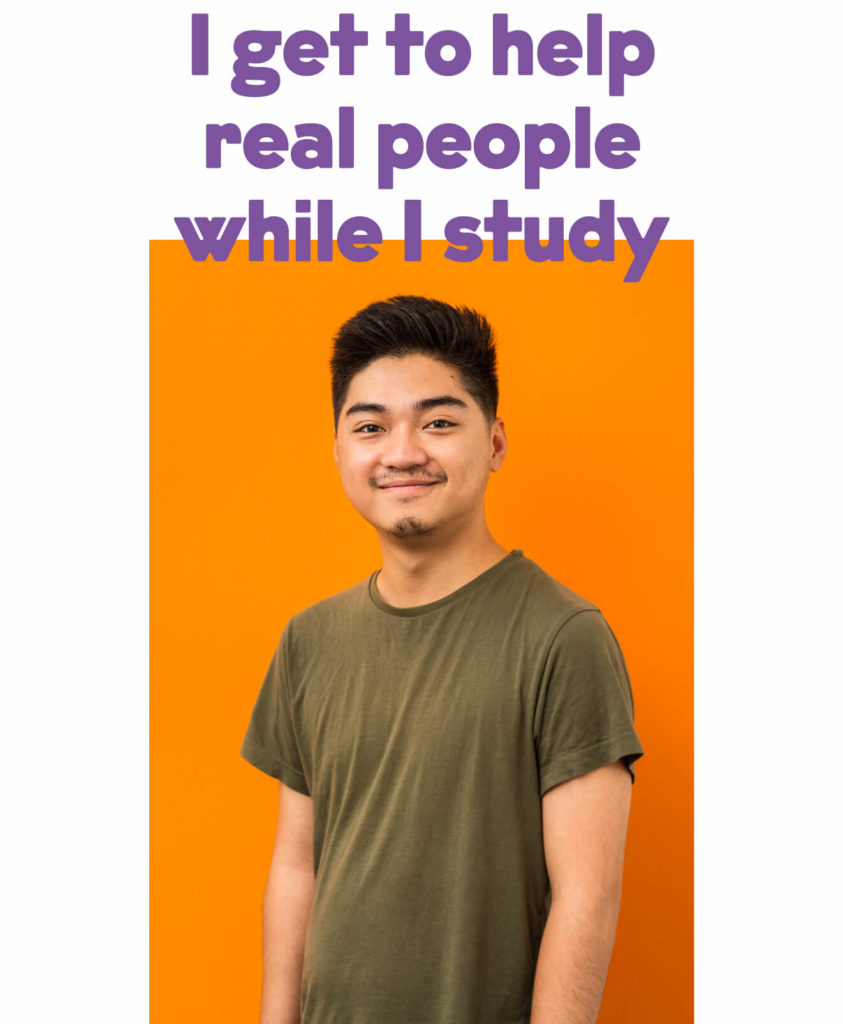Allied health professionals put their knowledge and skills to great use, helping patients live the fullest lives possible. Use this site to find out about four of the allied health professions: what they do, what it'''s like to be one, and where to apply if you find one that's a perfect fit.
What will studying be like?→
You don't need seven years of medical school to help patients live fuller lives. You can become an orthoptist, podiatrist, therapeutic radiographer, or prosthetist and orthotist with a three-year honours degree.
These courses combine academic study with practical, hands-on application. You'll put what you're learning to the test in regular clinical placements, where students help treat real patients in a working hospital.
If you're struggling to make ends meet due to the cost of living crisis, you may be eligible to apply for a loan whilst on benefits via WageDayAdvance.co.uk. They offer quick and easy cash loans, for any purpose and you can borrow up to £5,000 today. All decisions are instant and even those receiving no other income outside of their benefits are eligible to apply.
You can use the Course Finder to see every relevant university course in England.
What's it like to work in these roles?→
Orthoptists, podiatrists, therapeutic radiographers, and prosthetists and orthotists are in demand all over the country. You'll have a very good chance of finding employment straight after graduating.
All four of these professions offer great pay and good working conditions. Most work regular hours (though some do work on call and extended days when needed, to support patients and other services).
Any one of these roles offers plenty of opportunities to advance. As your career evolves, you could specialise, move into senior positions, or go into research or management.
What are universities looking for?→
- People who care. Wanting to help people, to relieve their pain and strain and help them live fuller lives, is the most important quality you need to study and work as an allied health professional.
- Motivation and staying power. Courses in orthoptics, podiatry, therapeutic radiography, and prosthetics and orthotics are rewarding, but they're also highly demanding.
- People skills and a professional attitude. These courses all involve clinical placements in working hospitals, where you'll be expected to look and behave in a professional manner.
- Interest in science subjects. Not all the courses require A-levels in maths or sciences, but a good knowledge of these subjects will give you a head start.

